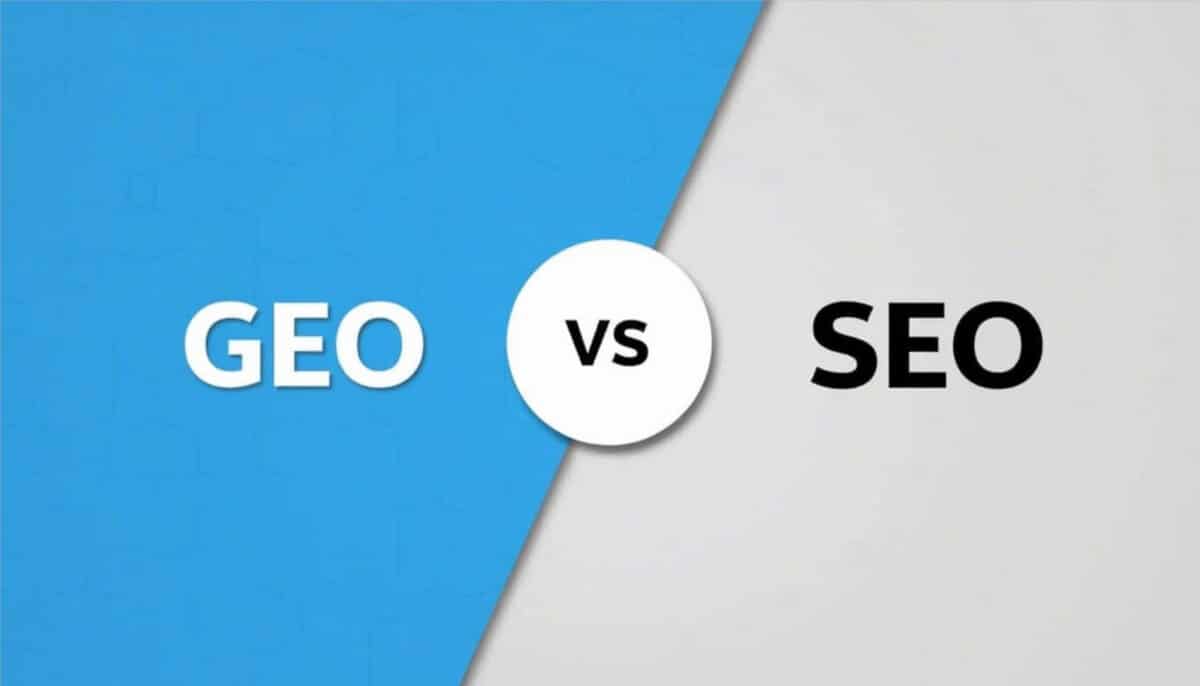GEO won’t replace SEO. It’ll amplify it—sharpening everything we’ve learned about discoverability, trust, and user intent.
Early on I thought GEO—generative engine optimization—would spell the end of traditional SEO. But after tinkering with prompts in ChatGPT and tracking referral drops, I realized something crucial: GEO builds on SEO’s foundations rather than bulldozing them.
Why SEO Still Matters
SEO is the bedrock. Keywords, site speed, crawlability, link equity—these are the signals AI engines still lean on when deciding whose content to lift into their answers. Strip away a strong SEO base and GEO has nothing to cite. It’s like asking for a Michelin-star meal and serving instant noodles—your AI assistant simply won’t blink at your site.
The Generative Twist
Here’s where things get interesting: unlike SEO, where you vie for clicks on a results page, GEO wants your bite-sized insights front and center in the AI’s reply. It’s the difference between fighting for position #1 on Google and nudging your brand into ChatGPT’s composite paragraph. Both are valuable, but the latter is zero-click magic.
A Hybrid Playbook
I’ve started treating GEO as an extension of SEO, not a detour. That means:
- Reworking top-performing pages into concise, factual snippets AI can parse.
- Maintaining killer UX—fast load times and clear headings help humans and machines alike.
- Layering in structured data so that LLMs spot your content as an authoritative source.
Yes, it’s more work. But it’s also a hedge: while generative AI searches may become 10% of website traffic by this time next year, they won’t fully eclipse Google’s 90-plus percent share—at least not overnight.
Don’t Abandon Your Keywords
I still pore over keyword reports. Are people phrasing “best hiking boots” differently when talking to an AI assistant? Sure. But hidden inside those conversational prompts are signals we’ve always chased—user intent, related topics, long-tail variations. SEO gives us the lens; GEO applies it to dialogue.
When GEO Stumbles, SEO Catches Up
Let’s say an AI snippet misinterprets your paragraph—or worse, omits your brand. A rock-solid SEO strategy means you’ll still show up on page one, snagging clicks even if you miss the AI overview. That redundancy feels good; think of it as a safety net for your organic visibility.
According to Gartner, Gen Z uses AI more frequently for research than older generations, with 30% of Gen Z using AI search engines at least once a week, compared to 16% of millennials and 11% of Gen X. These numbers underscore why weaving GEO tactics into your SEO plan isn’t optional—it’s becoming table stakes.
My process shifted. I used to write 1,500-word guides packed with examples and anecdotes because Google loved depth. Now I’m drafting punchy Q&A boxes at the top of posts—harder to craft, easier for AI to quote. Don’t worry: the longer, narrative-rich content still lives below the fold for readers who crave stories.
Takeaway: Embrace the Evolution
SEO veterans might groan at another acronym. But GEO isn’t here to steal your thunder; it’s here to share the spotlight. It nudges us toward clearer writing, faster sites, and smarter markup. And those are wins no matter how search morphs.
- Keep pounding your SEO fundamentals—site health, links, user satisfaction.
- Carve out GEO optimizations: summary boxes, JSON-LD, structured Q&A.
- Monitor AI citations alongside rankings and CTR.
- Don’t let the buzz distract you: GEO strengthens what’s already working.
The future of search is a duet, not a solo. Marry your SEO chops with GEO savvy, and you’ll stay visible—no matter which engine your audience chooses next.
What’s your experience blending GEO and SEO? Drop a comment below, share a link to your favorite hybrid tactic, or connect with us on Facebook, X (Twitter), or LinkedIn!
Sources
- www.searchengineland.com/geo-replace-seo-460397
- www.seo.com/ai/geo-vs-seo/
- www.simplifiedseoconsulting.com/geo-is-not-replacing-seo-why-the-future-of-website-optimization-needs-both/
- www.wordstream.com/blog/generative-engine-optimization



Exa AI Launches Exa Instant: Sub-200ms Search to Power the Agentic Era
Do You Still Need a Website in 2026? Google’s Search Team Weighs In